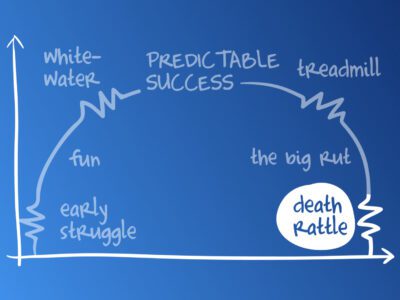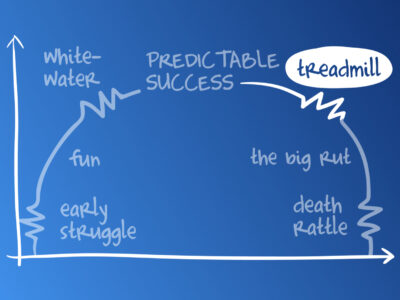The One Choice Every Founder Must Make
There is one choice every successful Founder must make. At some point, every Founder will need to choose between transforming culture and character of the organization to create the ability to scale OR limiting the growth of the organization to keep it within its current operating capacity.












